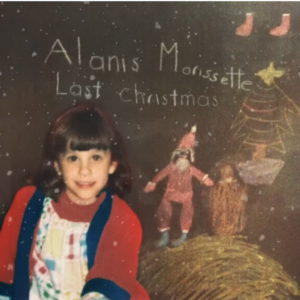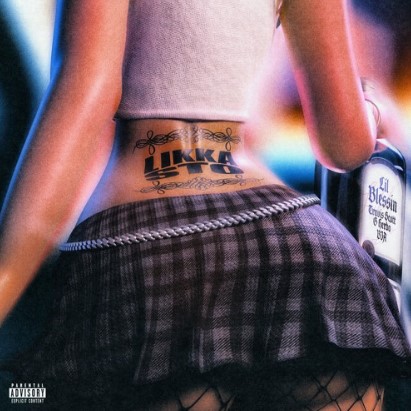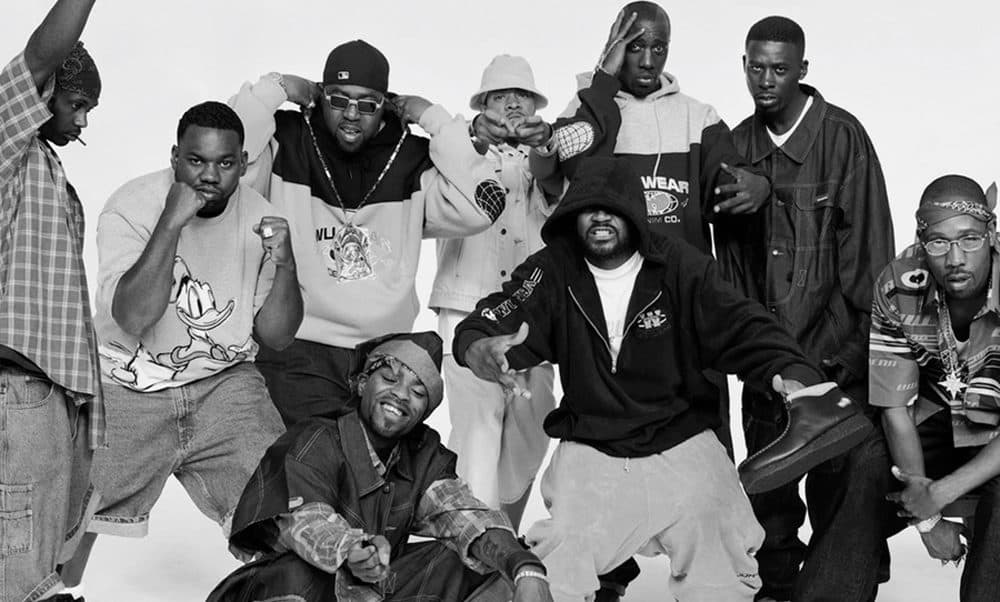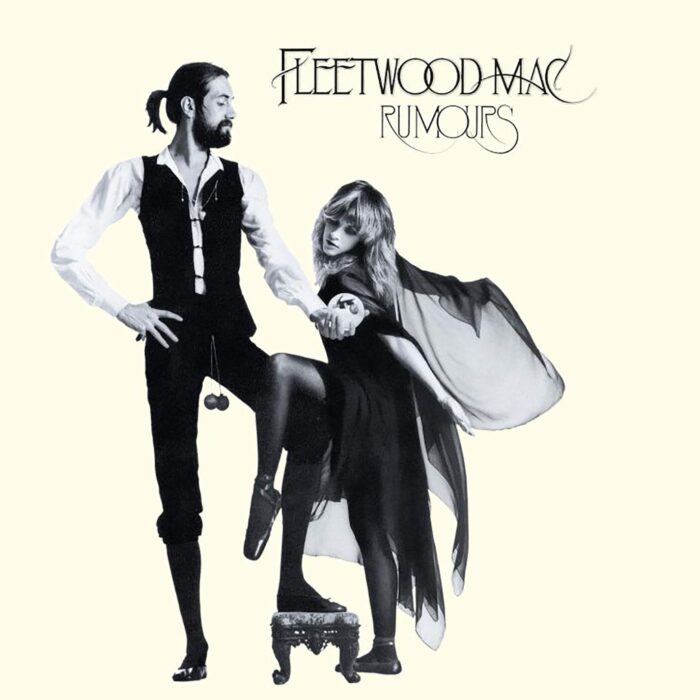Following the attention gathered by the revelations of multiple escapes of thousands of fish into the wild, Icelandic singer Björk decided to participate in the protest against industrial salmon farming in Iceland in her own, peculiar way. The singers have just announced the single will be re-issued in November on a special milky colored vinyl. It also features on the B-Side a remix from The Knife’s Olof Dreijer. All proceeds go to this effort as did the digital version.
Björk is now ready to fight again, this time supporting a similar, yet still rather different cause. “Oral” is Icelandic singer and icon Björk’s new song in support of the environment. By her side is the reggaeton icon, Rosalía.
A New, Big Step for Activism:
After the release of her 2023 June album, Mount Wittenberg Orca, released in collaboration with Dirty Projectors, in which the singer understandably tries to give attention to the ocean and, specifically, the orca world and the ways they are hunted, Björk returns with a new activist release. Based on a recording the singer made over two decades ago and only rediscovered in March, the single came out to try to change the course of the environmental crisis we’re facing.
Also on the project is one of the most influential artists of our generation, as well as an incredible producer. With the intention of involving and communicating with a younger audience, Björk asked Catalan superstar Rosalía to collaborate on her project. On production is the Irish-Scottish producer Sega Bodega.
In an interview with The Guardian, Björk said, “The way to reactivate the song for an environmental platform in 2023 would be to get a guest that represents the moment.” She continued, “Dancehall is the grandmother of reggaeton. When I heard it, I thought: Rosalía had a lot of reggaeton on her album. I know she really cares and wants to act. I think she was excited about it because she wants to do something about the environment.”
Moreover, the promotional materials for the song are also in Spanish. They hope that “other places could follow.” Björk adds, “Rosalía was telling me in Argentina and Chile [fish farming] is a disaster.”
The Motivation in Interviews and Statements: Artists’ Roles in Emergencies
Between her interview with The Guardian and her statements on her social platforms, the Icelandic artist dropped a background and behind-the-scenes perspective on her new release. Through the interview, the singer gave a pretty clear, radical view of her ambitions and motivations behind the song.
Discussing the role of artists in emergencies, she said, “we are the canary in the coalmine. It’s our job to have our sensors, our antennae, out all the time, and read how we feel in our environment and be aware.” Her definite opinion is in fact a veiled accusation against those artists who, on the contrary, decide to stand still and rather pursue only their art, instead of taking a stand on more activist matters.
“We pick up this emergency – and we want to act on it.”
– Björk in an interview with The Guardian
Power to the People
Björk said that, before deciding to support the movement, she asked herself three questions:
“Can we stop it? Can we change it? Can we save the wild salmon of Iceland? The answer to all these three questions is yes, we can.”
“People at the fjord Seyðisfjörður have stood up and protested against fish farming starting there,” said Björk. “We would like to donate sales of the song to help with their legal fees and hopefully it can be an exemplary case for others.”
Björk claimed this industrial farming of salmon “has already had a devastating effect on wildlife and the farmed fish are suffering in horrid health conditions. And since a lot of them have escaped, they have started changing the DNA in the Icelandic salmon for the worse, and could eventually lead to its extinction.”
All the proceeds will be donated to activists who fight to oppose industrial salmon farming in Iceland.
The Majestic Collaboration of Two European Legends: Björk and Rosalía in “Oral”
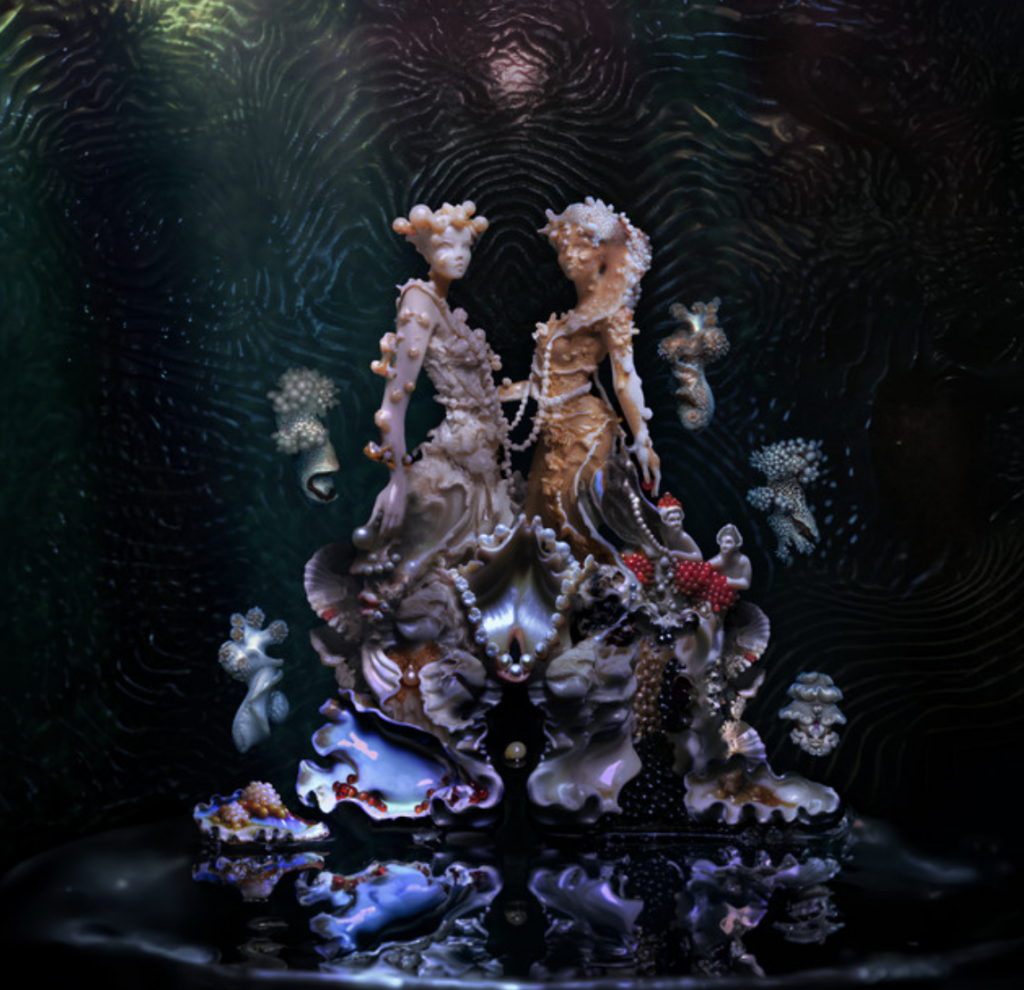
“Oral” is Björk and Rosalía’s new hit aiming to protect the ocean and its inhabitants.
The song itself is not a protest. “It is not an activist song,” said the singer. “It’s a love song. It’s not about fish.” In the interview, after a pause, she said, “Although you could write a good punk song about that.”
“It is not me at my most experimental. I’m not really a pop musician. That’s sort of why it never made it on [past albums] Homogenic or Vespertine. It was kind of too much sugar. This is as poppy as I’ll ever get. That is why I wanted to give it to a good cause.”
Björk in an interview with The Guardian
Discover more about your favourite artists and stay updated on all the latest and hottest music news here!



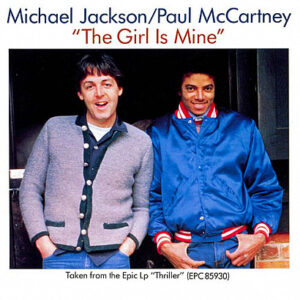

!["[I] Made something special for you guys for the holidays," Sabrina Carpenter said on Instagram, announcing the fruitcake EP. The "Feather" singer's new project features five naughty-or-nice tracks, highlighted by last year's parody "A Nonsense Christmas."](https://musicdaily.com/wp-content/uploads/2023/11/F-bqe5eWgAAT6Ii-300x300.jpeg)
